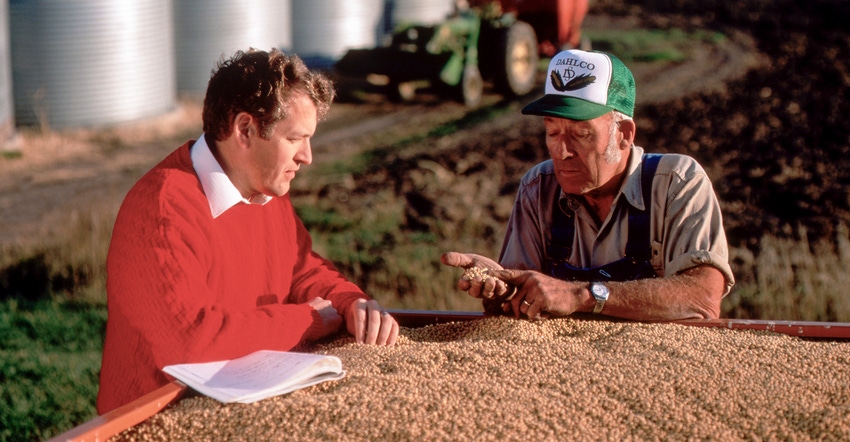
The Federal Reserve recently lowered the federal funds rate to near zero and eliminated reserve requirements. The Fed is seeking to stimulate the economy and eliminate bank liquidity concerns as recession looms due to the coronavirus.
That begs the question, is this a good time to refinance farm loans?
Good opportunity?
According to T.J. Roemmich, senior vice president and credit officer at Conterra Ag Capital in Des Moines, Iowa, the answer to that question is, “It depends.”
“While the funds rate has been slashed, it doesn’t necessarily mean refinancing is the right decision right now,” Roemmich says. “It’s an important message now, and we want to make sure folks are making informed, sound financial decisions for their operations.”
Challenging economic times often create financial opportunities. If you haven’t refinanced your loans in a while, then you may be in luck.
“Interest rates are historically low. If you refinanced your loans in the last six to eight months, you wouldn’t get a better rate today,” Roemmich explains. “But if you refinanced two or three years ago, then now is a great time to refinance.”
He says farmers at Conterra are paying 3% to 4% on one-year variable-rate loans, 4% to 5% on one-year fixed-rate loans, and about 4.5% on 30-year fixed loans.
“It’s important, at a time like now, to recognize that interest rates have been at historically low levels since the third quarter of 2019,” Roemmich says. “While recent events have caused more variation in financial and treasury markets, it’s important to have realistic expectations on what those movements mean to your operation’s financing options.”
Sam Miller, managing director of agricultural banking for BMO Harris Bank, echoes Roemmich’s comments.
“Everybody’s situation is a little bit different,” Miller says. “You have to look at what your mix of short-term, intermediate and long-term debt is. The short-term stuff is your line of credit to put in your crops or buy feed. Livestock is your intermediate debt, and real estate is long-term debt. You can fix your short-term debt and intermediate debt for one year or three years, and longer for long-term debt.”
Uncertainty created by the coronavirus is impacting interest rates, notes Miller, who works in Appleton, Wis.
“Right now, the variable interest rate is higher than fixing it for two years out because uncertainty is higher right now than two years from now,” he explains. “Nobody knows what the world is going to look like in the short term, and that’s why it’s uncertain.”
Miller says farmers who refinanced their loans last fall may or may not have hit the low.
“I recommend customers look at refinancing once a year,” Miller says. “Likely if they haven’t refinanced or locked in a rate in a year or more, now would be the time to do that.”
Talk to your lender and discuss your options. Now may be a good time to refinance some or all your farm loans.
Read more about:
Covid 19About the Author(s)
You May Also Like






